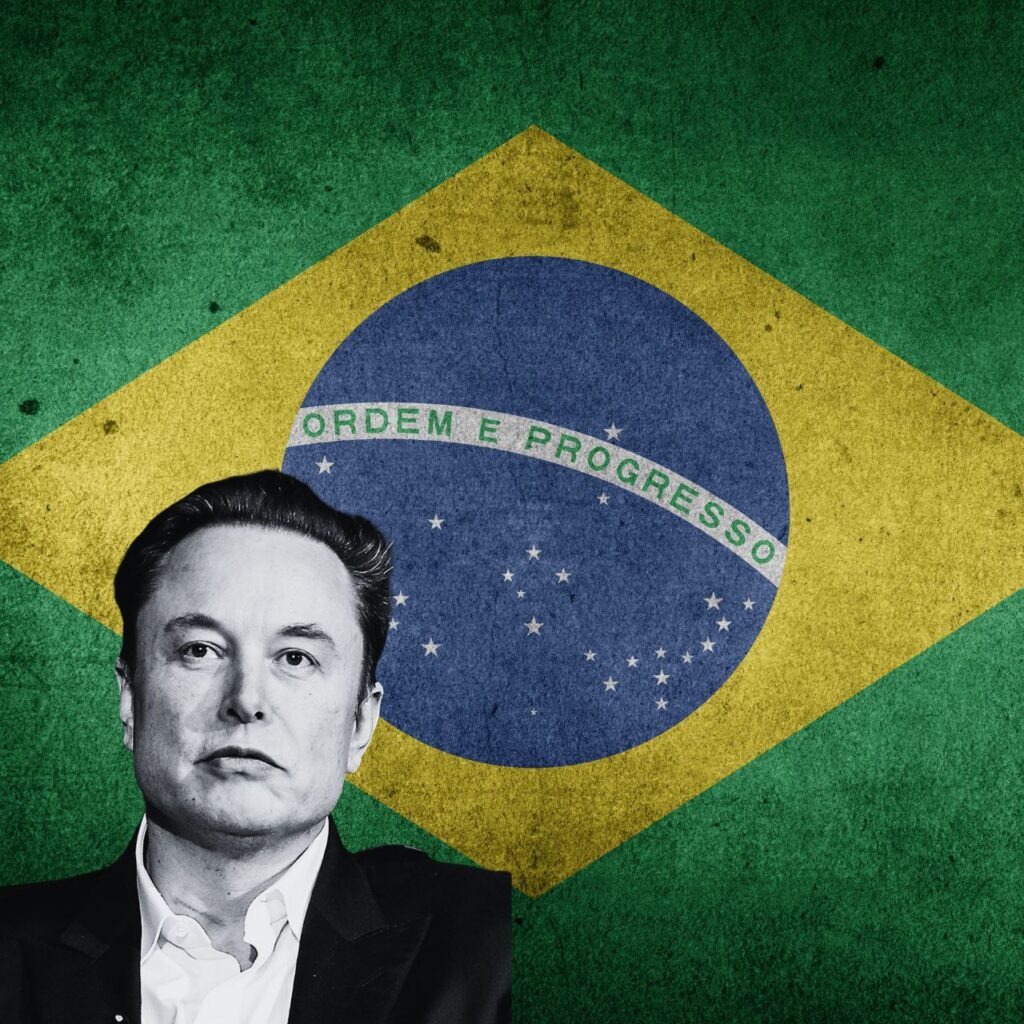
Brazil’s ban of X (formerly Twitter) for its alleged role in spreading false news and hate speech has rocked the online world.
A Brazil judge ordered the social media giant to be taken down in the country over a long-standing dispute with its founder Elon Musk.
Supreme Court judge Alexandre de Moraes made the order after Musk failed to name a legal representative in Brazil. This feud has been happening publicly for months after X did not comply with legal orders to block certain accounts which were accused of spreading hate and fake news. Fines equating to £2.5m were also levied.
In response, Musk said Brazil has an “oppressive regime”. The head of Brazil’s telecom regulator Anatel has said it has received a court order to suspend X. The platform is now illegal in the country, and anyone using VPN (virtual private networks) to access X can be fined up to the equivalent of £7,000 a day.
This is not the first time X has landed itself in hot water. There has been increasing scrutiny of social media platforms worldwide in recent years, with X often at the forefront of such debates. In October 2023, officials from the European Union raised concerns about X being a significant source of misinformation. Vera Jurouva, Vice President of the European Commission, stated that X had the “largest ratio of mis/disinformation posts” among other social media platforms, emphasising the need for more robust efforts to combat this issue.
The good side of X
But here’s the thing: X isn’t all bad. In fact, quite the opposite. It’s actually been extremely helpful lately, especially in showing the suffering of Palestinians at the hands of Israel. In all honesty, X has played an integral role in disseminating real-time information with unfiltered on-the-ground coverage from Gaza, brought to the public domain by Palestinians users themselves. This new form of immediate, unmediated reporting has challenged the traditional monopoly of mainstream media outlets on narrative-shaping.
While established news organisations often present a carefully and meticulously curated view of events, X has enabled a more diverse range of voices to be heard. This has been particularly evident in the coverage of the various humanitarian crises taking place in the world, where X users have shared first-hand accounts and imagery that might otherwise not have reached a global audience through conventional media channels. This is important because it changes how we get our news. Before, we mostly relied on large news companies to tell us what was happening. What they said, we had no option but to blindly accept. Now, with X and other such platforms, we can hear directly from people who are there. It’s raw and real.
Not only this – it has also served as a means to rectify and correct fake news which has actually been spread on mainstream media, such as that of the reports of babies being beheaded by Hamas during the early days of the Palestine-Israel crisis. It turned out that there was no such thing, and had X not been in the picture, so many would have believed the reports broadcast by mainstream media.
Double-edged sword
You see, this is where the catch is. It’s a double-edged sword. The same freedom and unfiltered access to post whatever you like, which makes X so great for sharing real news and countering false narratives, also makes it equally easy for fake news to spread. Not just misinformation, but also outright hate speech – seen by the likes of Tommy Robinson and Donald Trump.
This Brazil situation shows us we’re at a turning point. X and other social media sites have their problems. There is no denying this. But they are also extremely important. They help us see what’s happening in the world in ways we couldn’t before. We shouldn’t just shut these sites down when there are hurdles. Instead, we need to make them better. We need to find a way to stop fake news without stopping people from sharing real, important information.
In the end, it’s about finding a balance. We want to stop harmful lies from spreading, but we also want to keep the good parts of social media. It’s not easy, but it’s important. This isn’t just about X or Brazil. It’s about how we all share and receive information in today’s world. Without following the Quranic injunction of objectively verifying any piece of news one receives, a healthy social media atmosphere – one free of misinformation – will never become a reality.

